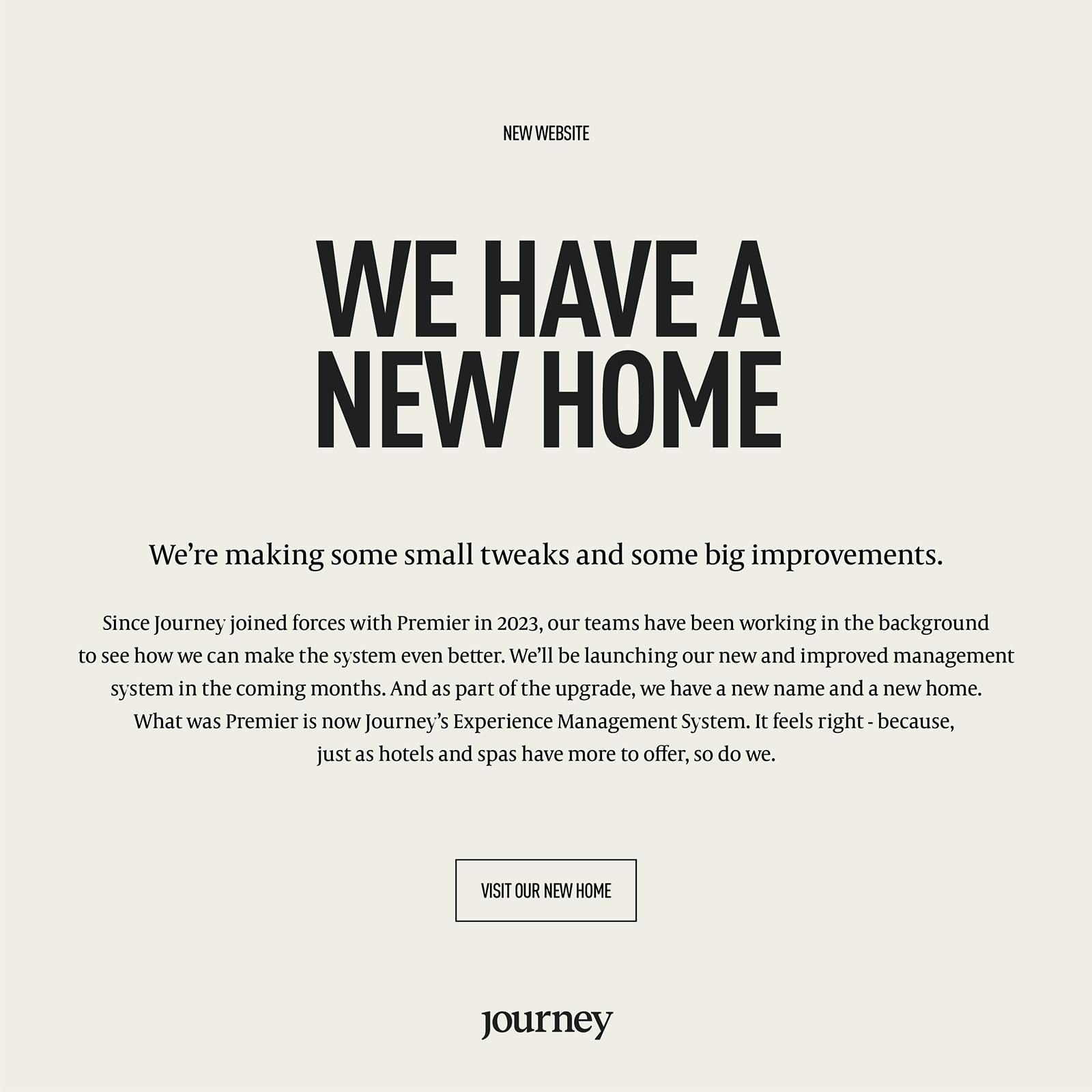Artificial Intelligence (AI) involves the use of technology and algorithms to come to a decision. With the world transformed by COVID-19 and restrictions put in place to limit face-to-face interactions, AI has led the way in adapting businesses to new user behaviours. With the beauty industry dependent on such social interactions, it too needed to adapt to the virtual spaces consumers now occupy.
So, how is AI affecting the beauty industry? We share just several ways the industry has changed to make it virtually unstoppable.
Virtual mirrors and Augmented Reality (AR)
AI continues to help the cosmetics industry immensely by pairing with Augmented Reality (AR), helping consumers virtually wear makeup such as with Coty’s Magic Mirror. Many apps have since launched, such as the L’Oréal Paris Virtual Make-Up Tool and Maybelline Virtual Makeover, where people can try out hair or lip shades on their images to find their perfect hair or beauty product. These have helped many find what they want without the painstaking process of removing make-up and colour.
How AI is affecting skin services
Skincare is just one area where AI is creating connections between clients and products or services. For example, Boots UK (and its own-brand skin care range, No7) has implemented Revieve’s AI skin analysis tool onto their website to help consumers. Users simply take a selfie that is then analysed by the tech to determine any health and beauty factors affecting their skin. Once identified and prescribed, consumers can seek recommended products and treatments to tackle and problems.
Personalised shopping experience
AI has transformed the client shopping experience to narrow down products and services they are after. An example of this is My Beauty Matches, which uses a short questionnaire to identify what beauty products will be of interest. Some may even use bots via live chat interactions. This matches people with exactly what they are after much quicker, boosting sales and revenue.
Machine learning for demand forecasting
One key aspect of AI is its use of machine learning to understand what people’s preferences are. In the beauty industry, this has been used to analyse social media comments, website reviews and purchase data by those who have engaged with beauty services and products. This data can then be used to highlight what has historically been popular and provide predictive analytics to prepare retail and staff for upcoming periods. French beauty brand, NARS Cosmetics, uses this to see consumer preferences to help build new beauty products.
As AI continues to evolve, so will its use in the beauty industry. AI has already begun to influence beauty businesses and those in other industries with its expanding range of technology too. Just one aspect of its influence comes from automating services.
Premier Software’s business management systems feature many areas of automation to help you save time and money. Whether it’s automatic pricing to clients with certain criteria, reporting to help measure key performance areas, or scheduled marketing to maximise viewership, Core by Premier Software® and Salon by Premier Software® have plenty of functions to help your business.
To see how our software can help you, book a free presentation, below.

